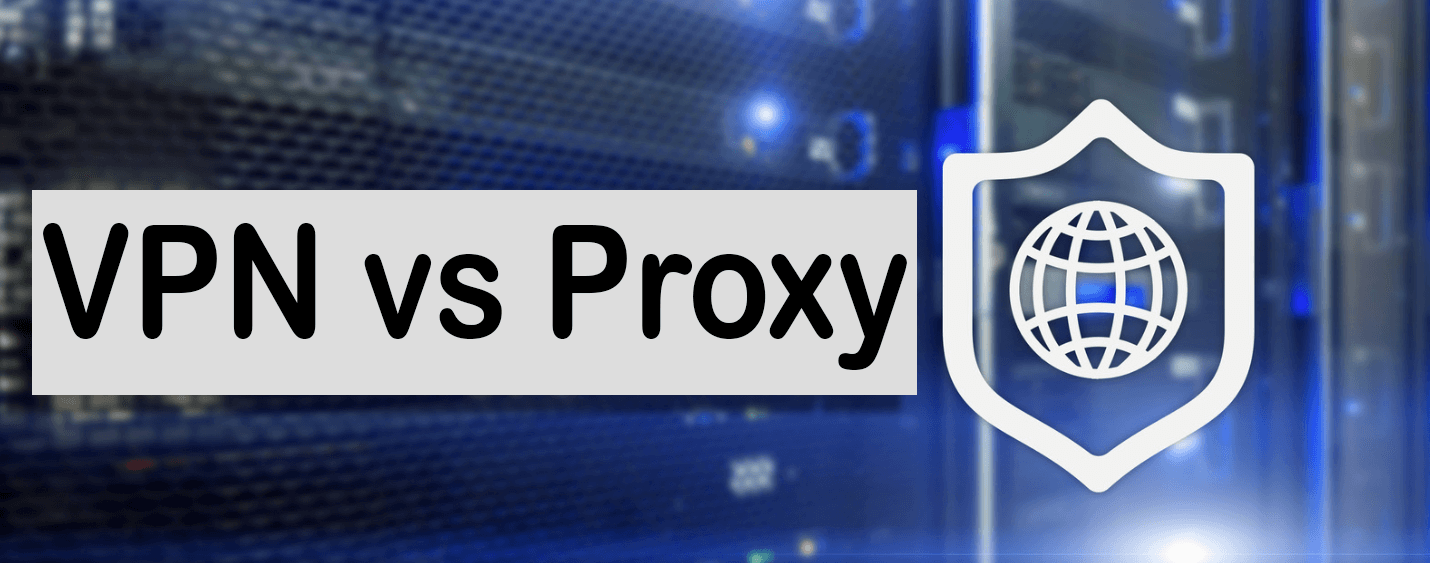Improving online security and protecting digital identity have become a concern issue nowadays. Some security options like VPNs and Proxy Servers are playing a quality role in keeping safe your digital identity and online security. Day by day cyber threats are increasing dangerously, and as a result, Internet users are more concerned about their online security nowadays.
- VPNs ensure privacy through encryption, while proxies act as intermediaries, offering partial anonymity.
- Real-world examples highlight user preferences.
- Consider needs when choosing: VPNs for comprehensive protection, and proxies for selective browsing. Stay informed for a secure online journey.
The Basics of A VPN
When it comes to ensuring steady and personal online browsing, a VPN stands as a citadel of safety. Essentially, a VPN establishes a secure connection between your browser and the remote server by encrypting records for stable transmission. This encryption method acts as a protection, making your online experience impervious to prying eyes. Notably, VPNs appoint tunneling mechanisms, ensuring a continuing and protected connection and, as a result making certain a unique and individualized online experience.
The Basics of Proxy Servers
On the other hand, Proxy Servers act as intermediaries between users and the Internet. They facilitate controlled access to online content by forwarding requests and concealing the user’s IP address. The forward proxy, in particular, enables access control, providing a layer of protection. While not as comprehensive as VPNs, proxies offer advantages such as IP masking, adding an extra layer of privacy to your digital endeavors.
Differences Between VPNs and Proxy Servers
Delving into the distinctions between VPNs and Proxy Servers, one encounters ultimate disparities. In terms of privacy and anonymity, VPNs provide full encryption, ensuring a completely confidential online experience. Proxies, however, offer partial anonymity by masking the user’s IP address. The security measures also differ, with VPNs providing end-to-end encryption compared to proxies, which employ server-side encryption.
Real-world Examples and User Experiences
To gain a deeper understanding, let’s hear from the online community. On Quora, a user Thibeau Maerevoet shares, “Using a VPN is very important to protect data leakage through a public WiFi network” This real-world scenario emphasizes the importance users place on the comprehensive protection offered by VPNs.
Reddit reports, “Proxies are praised for their faster speeds, lower overhead, and easy setup, making them a cost-effective and convenient option.” showcasing the versatility of proxies for specific use cases.
Considerations for Choosing Between VPN and Proxy
Choosing the best one between a VPN and a Proxy Server depends on your needs. User intent and specific requirements should guide the choice. For comprehensive protection and anonymous browsing, a VPN is the ideal choice. However, for users seeking selective browsing and faster access to geo-restricted content, a proxy server may be more suitable.
The FAQ
Why should I consider using a VPN or Proxy Server?
VPNs ensure complete privacy through encryption, while Proxy Servers act as intermediaries, providing partial anonymity.
How do VPNs work to protect my online activities?
VPNs establish private networks, applying encryption, and tunneling mechanisms, ensuring a seamless and protected online connection.
Can you explain the key differences between VPNs and Proxy Servers?
Certainly. In terms of privacy and security, VPNs offer full encryption, while Proxies provide partial anonymity and server-side encryption.
Are there real-world examples of users benefiting from VPNs and Proxies?
Absolutely. On [Forum Name 1], a user switched to a VPN for secure online banking, emphasizing comprehensive protection. [Forum Name 2] reports using a proxy for accessing geo-restricted content.
What factors should I consider when choosing between a VPN and a Proxy Server?
Consider your user intent and specific requirements. VPNs are ideal for comprehensive protection, while proxies are suitable for selective browsing and faster access to geo-restricted content.
How do these tools contribute to a positive online experience?
VPNs and Proxies enhance online security, ensuring a positive and secure digital journey. Understanding their distinctions empowers users to make informed choices.
VPN vs Proxy Server: A Detailed Comparison
| Aspect | VPN | Proxy Server |
|---|---|---|
| Privacy | Ensures complete privacy through encryption, providing a secure online experience. | Provides partial anonymity by masking the user’s IP address, offering an additional layer of privacy. |
| Security | Utilizes end-to-end encryption and tunneling mechanisms for comprehensive protection. | Employs server-side encryption, enhancing security but not as comprehensive as a VPN. |
| Use Cases | Ideal for users seeking comprehensive protection, anonymous browsing, and secure data transfer. | Suitable for selective browsing and faster access to geo-restricted content. |
Conclusion
Hope the confusion about VPN and Proxy is clear to you. Our effort is to explain to you the best way. We have attached some comparison tables and real user experience & their opinions. So it is now more easy to remove your confusion instantly.
